Alejandro Aravena set the terms for a heated debate about the role of architecture when he launched Reporting from the Front at the Venice Architecture Biennale in May. The Chilean architect called on his profession to tackle the ‘frontlines’ of social challenges. Since then two architecture triennales have opened, taking different sides of the argument.

Oslo Architecture Triennale’s curators appear to echo Aravena in their show After Belonging, which explores the new social condition of mobility and gives a nod to the Airbnb motto ‘belong anywhere’. Oslo is one of Europe’s fastest growing cities with a population set to grow by a third by 2030. Much of its growth is driven by immigration, so the issue of ‘belonging’ seems particularly pertinent.
This triennale is a global research project with more than 30 contributors, led by a group of academics from Colombia School of Architecture in New York. Their argument is compelling: our understanding of ‘being at home’, of property and identity, is changing as ever more people find themselves in a state of permanent flux. The role they see for architects is not simply to design homes, but to act as researchers and social activists. As curator Lluís Alexandre Casanovas Blanco asserts, ‘buildings are not the end goal of architecture’.
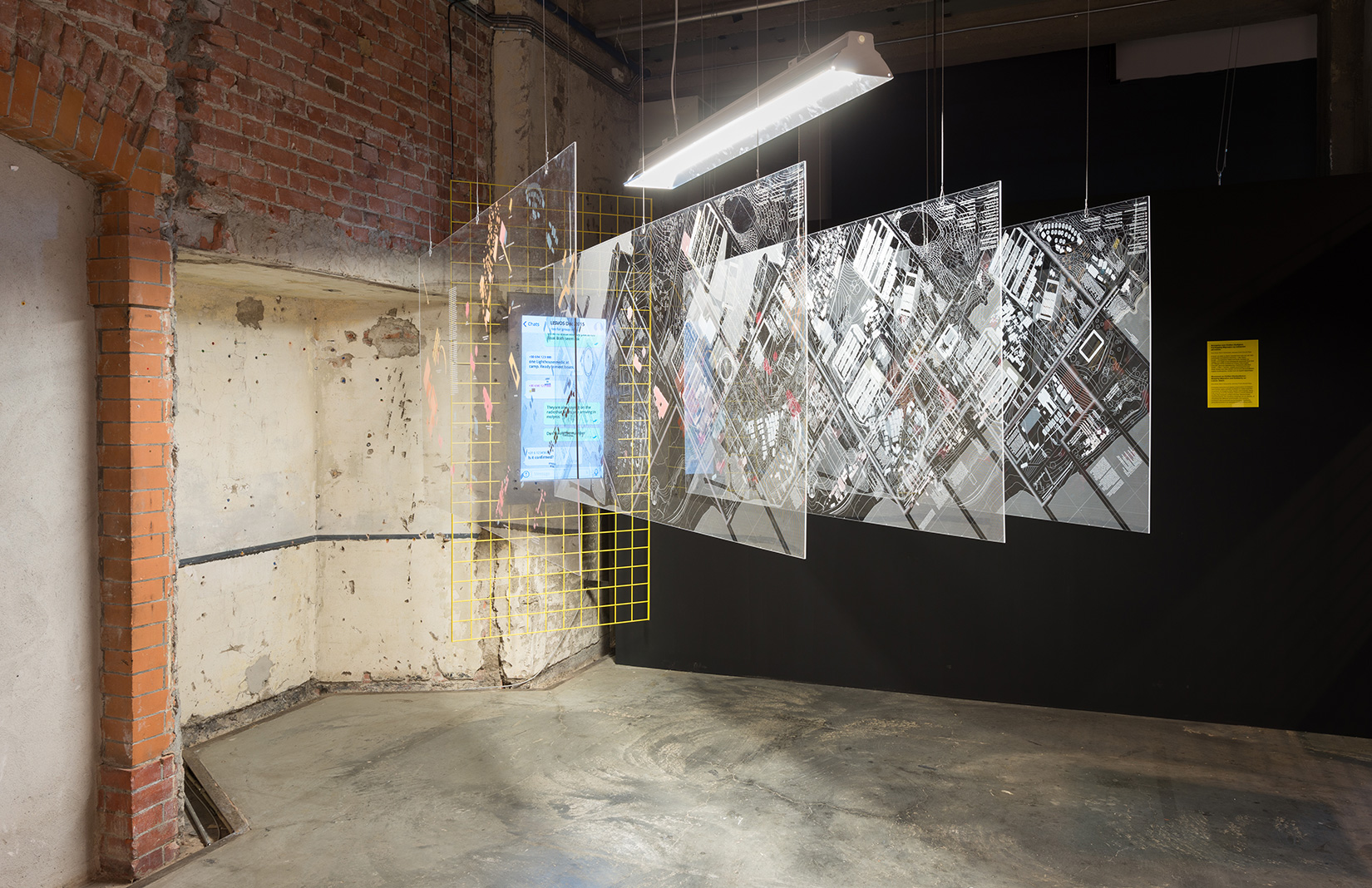
On Residence, one of the two main shows at Oslo Architecture Triennale, is full of extraordinary examples of investigative reporting into the contemporary condition of transience and temporariness. One project, ‘Movement as Civil Disobedience’, maps the new social networks emerging as a result of refugees’ journeys from Turkey to Lesvos. Another takes the form of a film, ‘Pornified Homes’, that documents the home of a Brazilian sex worker in London and the parallel online spaces he inhabits.
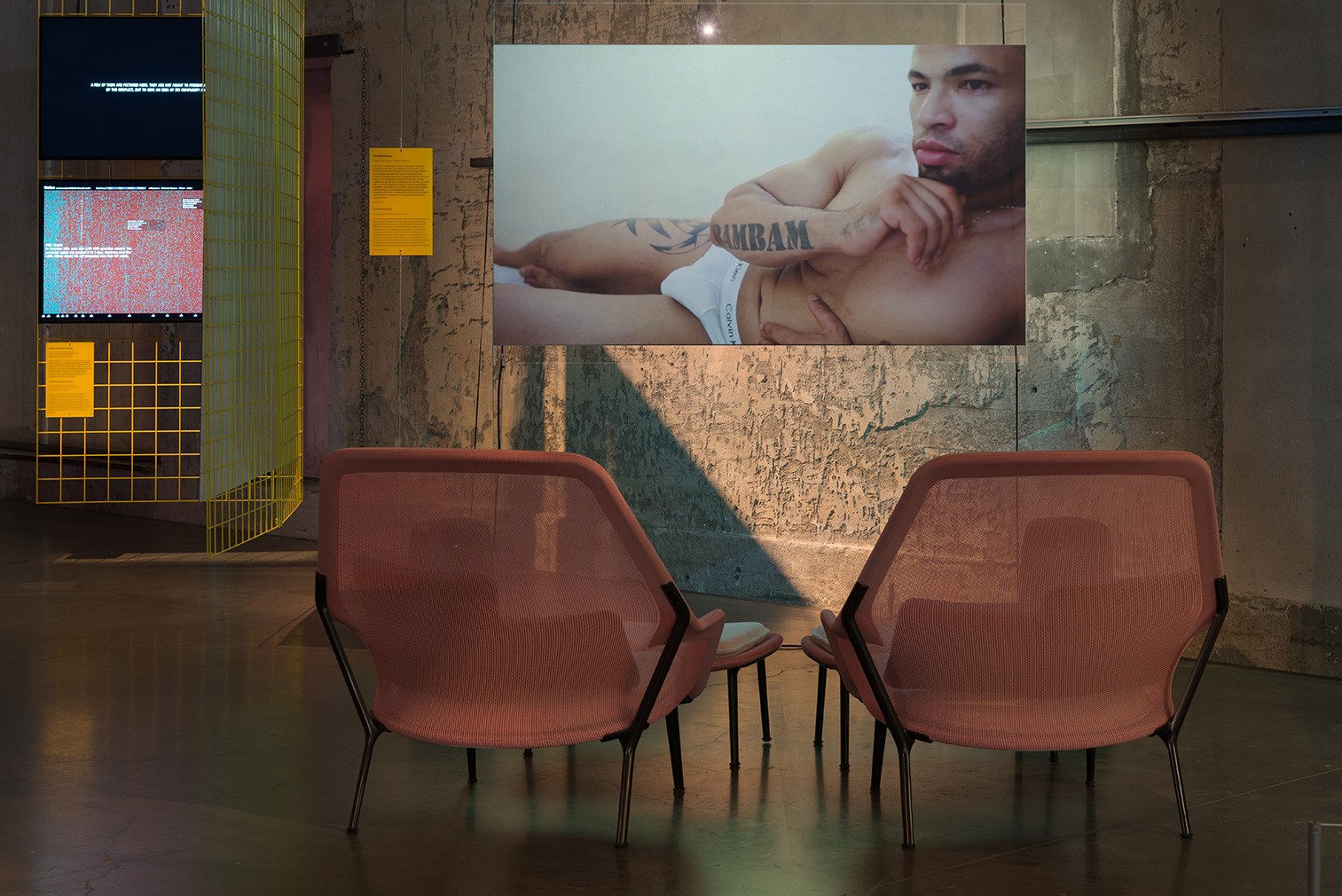
The subject matter and content of After Belonging is ambitious, but examples where architects are providing new solutions are few and far between. The very idea that architects might respond by doing what they know best – by designing buildings – is made to seem overly technical yet simplistic.
Meanwhile the curators of Lisbon Architecture Triennale have reached very different conclusions, actively challenging the trend to see architecture as a form of social activism. The Form of Form restates its purpose as the physical transformation of the world through built forms.
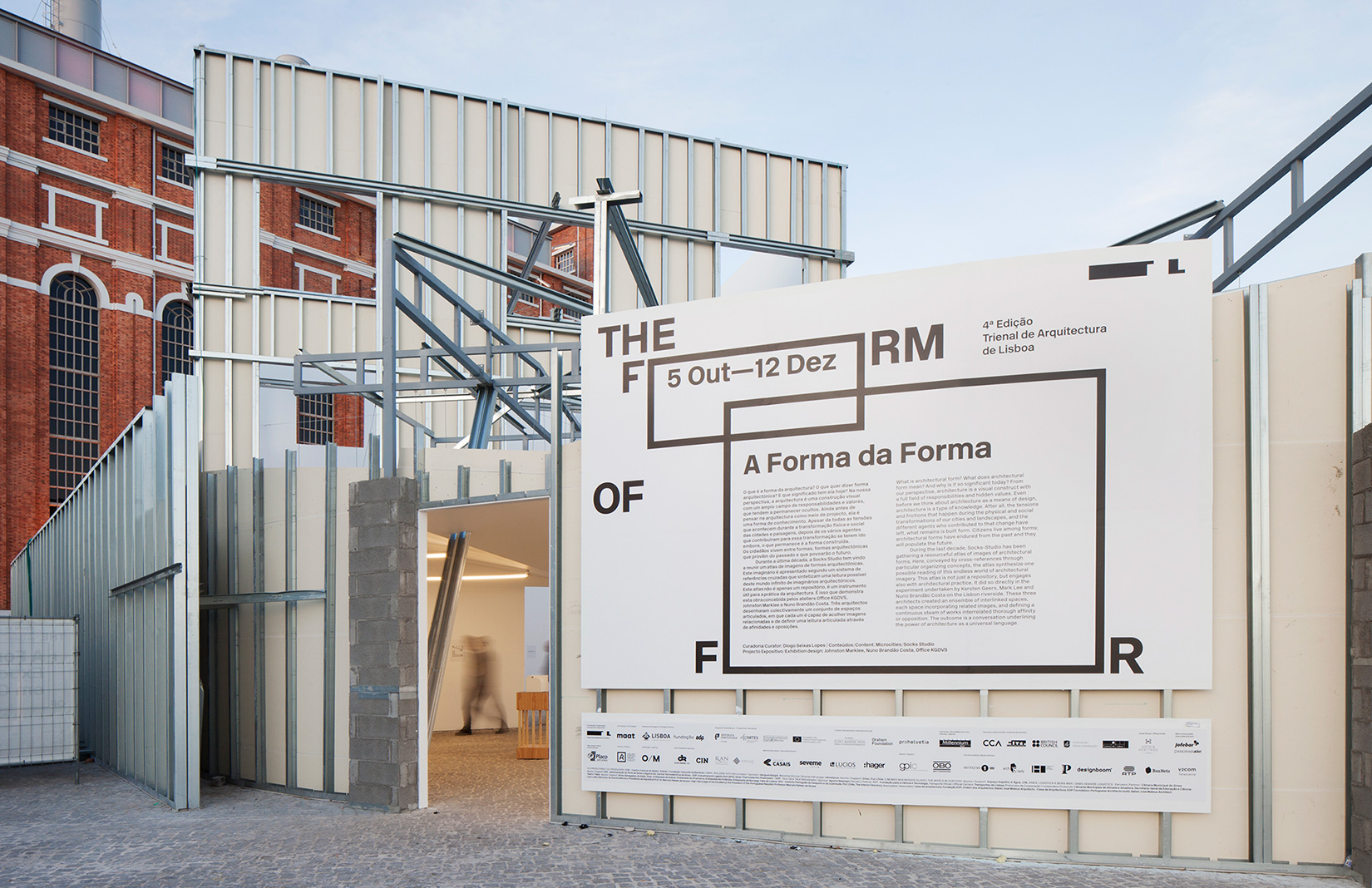
It comprises a series of architectural drawings, sketches and photographs sourced from the internet and pasted at the same size onto white plaster walls. This ‘potentially infinite’ archive suggests that form is a common language shared by architects throughout history.
It’s a powerful idea that is made even stronger by its presentation in a temporary structure that is a three-dimensional collage of forms. These are taken from the work of three architecture practices: American studio Johnston Marklee, Portuguese office Nuno Brandão Costa and Belgian firm Office Kersten Geers David Van Severen. But here architecture remains theoretical and the installation does not address the fundamental point that it is a practical, applied art form.
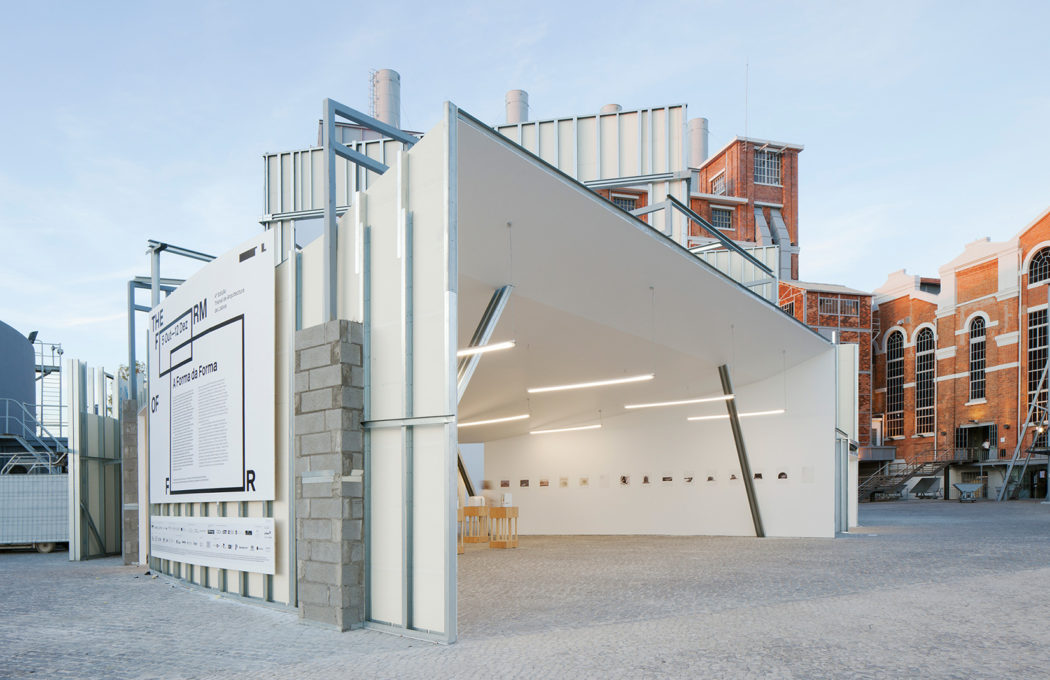
Installation view of The Form of Form at the Lisbon Architecture Triennale. Photography: Tiago Casanova
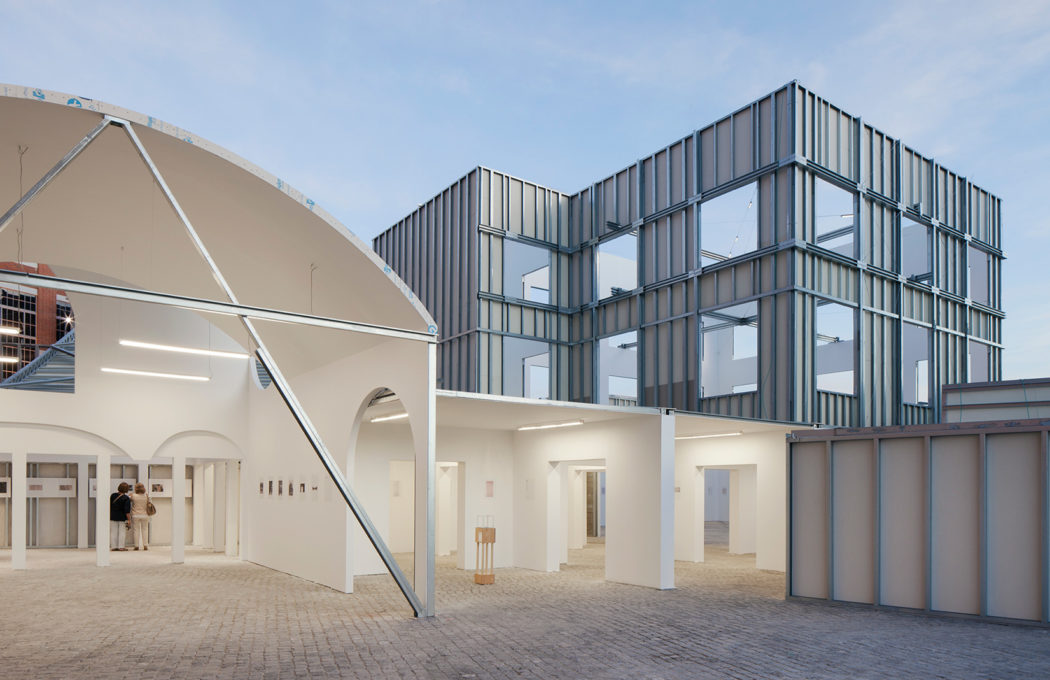
Installation view of The Form of Form at the Lisbon Architecture Triennale. Photography: Tiago Casanova
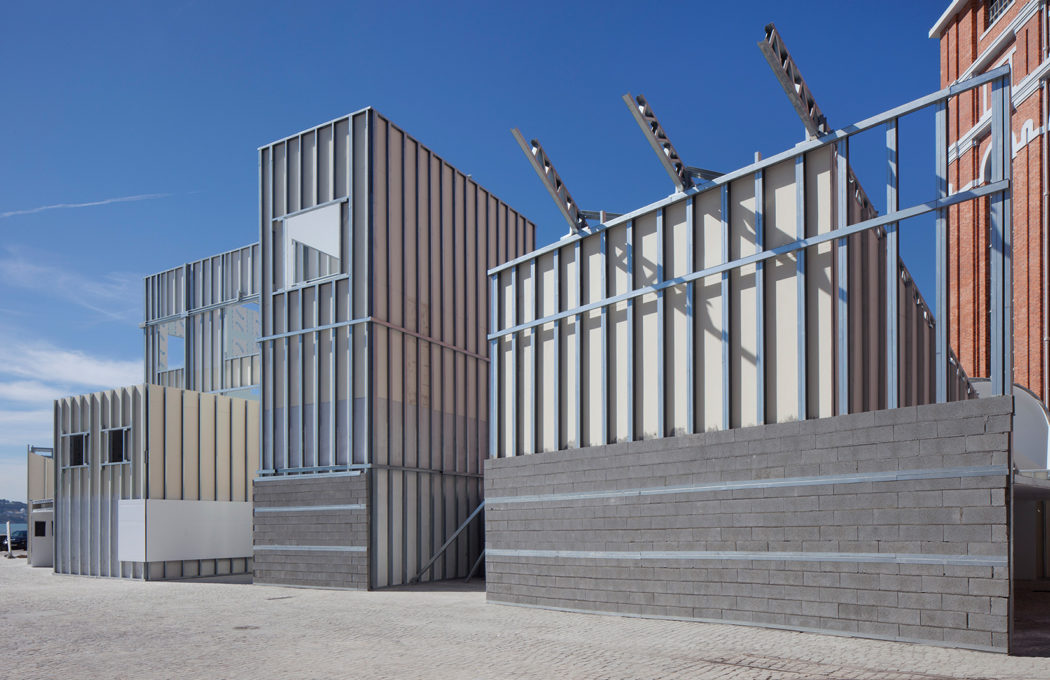
Installation view of The Form of Form at the Lisbon Architecture Triennale. Photography: Tiago Casanova
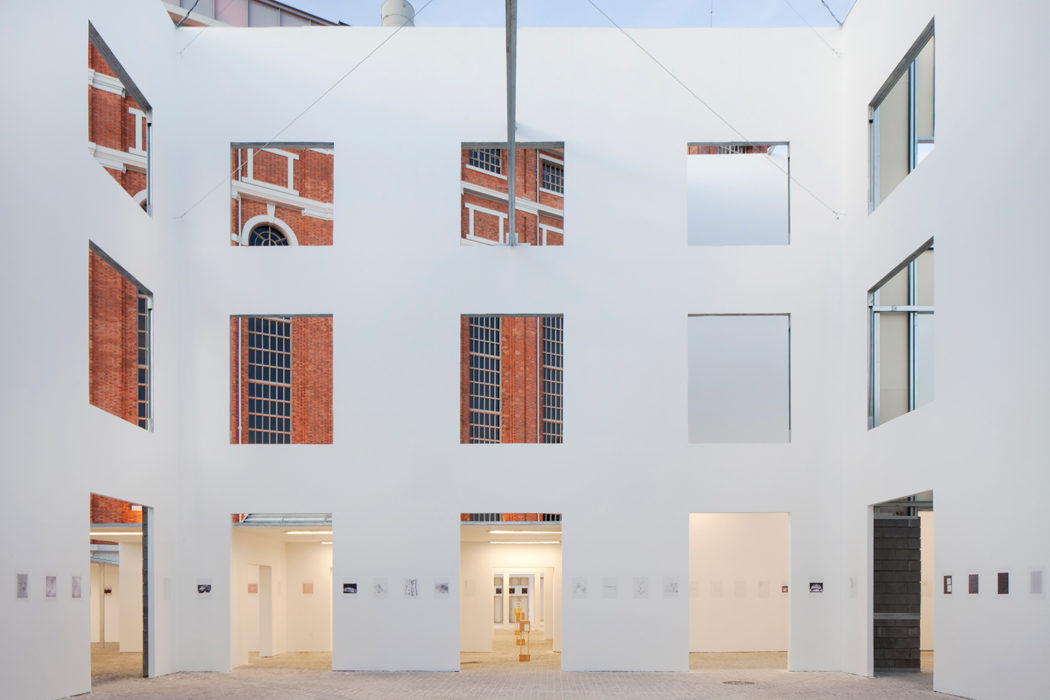
Installation view of The Form of Form at the Lisbon Architecture Triennale. Photography: Tiago Casanova
The triennales in Oslo and Lisbon are challenging and both require serious concentration on the part of the visitor (who might be justified in wandering off to visit the many fantastic examples of contemporary architecture in both cities). While the curators are keen to describe contemporary problems and challenges, none seem to have confidence in architects’ abilities to propose new solutions.
Oslo Architecture Triennale runs until 27 November; Lisbon Architecture Triennale extends until 11 December; and Venice Architecture Biennale closes on 27 November.























